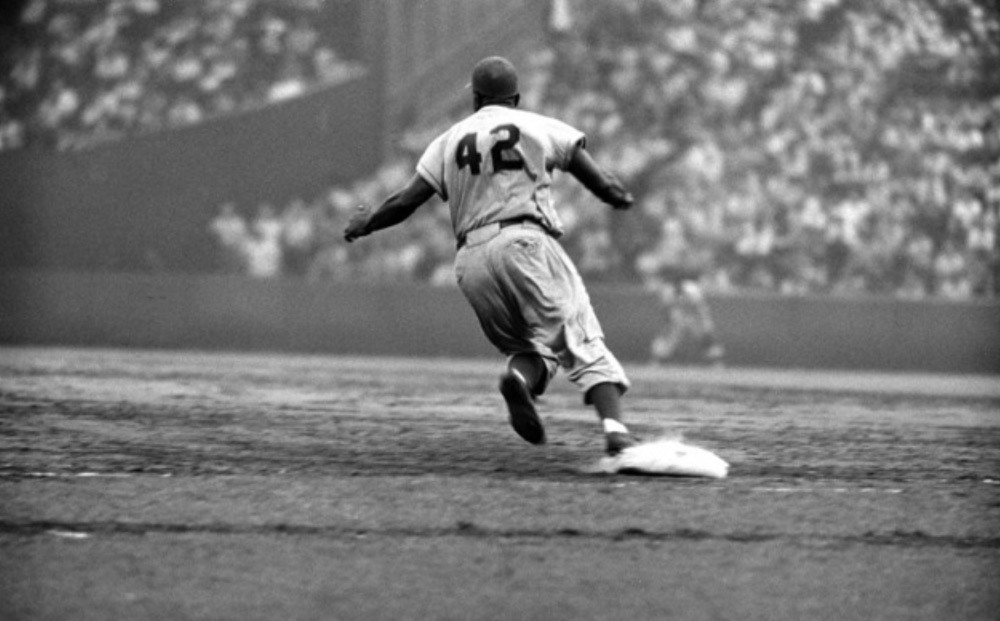
In the Eye of the Beholder
This week’s parsha opens with the plan to send spies into the land of Israel…and it is the beginning of the end of the dream of actually inheriting the land. You see, because the spies, who were the leaders of each tribe, men of great stature, did not have enough faith in Hashem that He would enable them to conquer the nations living in the land, they were punished with 40 years in the desert. This generation would never see the Land; only their children would live the dream.
The whole episode is rather shocking. How could these great men lack such basic emunah in G-d’s abilities? How could they have been so frightened of the people who lived in the Land?
The commentaries suggest that perhaps it had nothing to do with their perception of the strength of their enemies, but rather with their own lack of self-confidence.
The Torah tells us that they informed the people: (Numbers 13:33) “We saw the sons of giants, we felt in our own eyes like grasshoppers next to them, and that is how we were considered in their eyes.” The key phrase is that they felt like grasshoppers “IN OUR OWN EYES”, and so that is the narrative they played out. The Torah relates the story of the meraglim (spies), yet it leaves us with a lesson about self-esteem: the moment one views oneself as a grasshopper in the eyes of others, that is how others will view him.
Perhaps if the spies had had the confidence of victory and strong faith in the Almighty, they would have viewed themselves as able-bodied soldiers who had the capacity to defeat any giant. Only when they drew back in fear and trepidation were they viewed as little bugs. When we view ourselves with pride and ability, then we are giants, too! But when we look at ourselves with unreasonable insecurity and lack of faith, then we hear our adversaries calling us insects. In order to feel like a giant you must have the vision of one.
In the absence of having a good baseball team these days, perhaps I can share a more inspiring baseball story that relates to this lesson.
Jackie Robinson was hired in 1947 as the first black Major League Baseball player. Despite malicious racist harassment and appalling physical and verbal attacks, he played fearlessly and professionally. Throughout his career he refrained from responding to the repulsive provocations while gaining notoriety as one of the greatest players of his era. What kept him going was his attitude, his confidence. He felt equal to any white player, and in fact greater, despite what others were saying about him
On the day of his professional debut, his wife was excited to attend his first major league performance. Before he left for the stadium he gave her some advice: “You’ll have no trouble spotting me out there on the ball field,” he said with a smile. Then he paused. “I’ll be wearing number 42.”
You can’t have the vision of a giant when you view yourself as small. May we all take this lesson to heart and rise up to become the giants we truly are.]
Wishing you a Shabbat Shalom,
Rabbi Lipner



